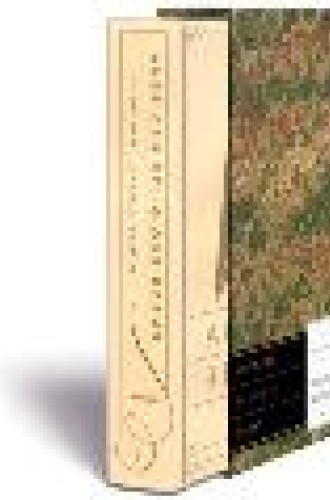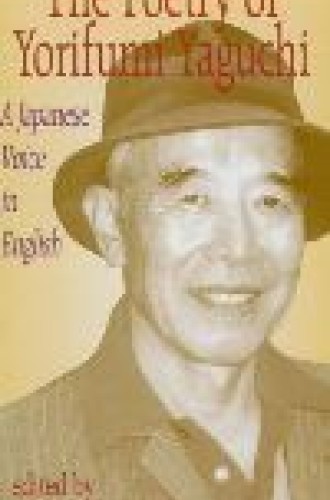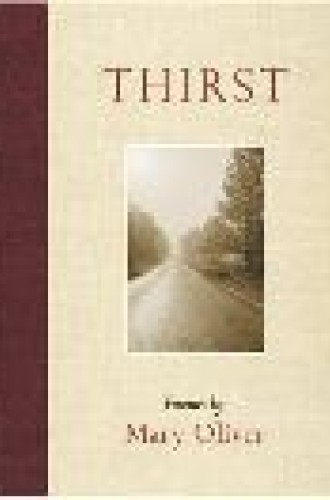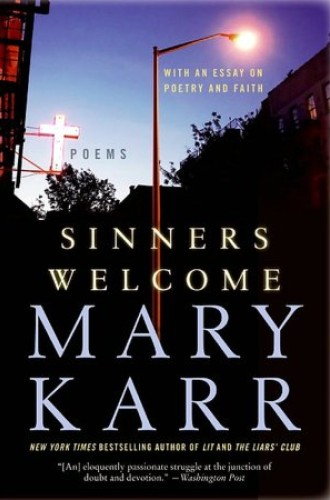CC recommends
One can’t quibble with the breadth and eclecticism of this volume, which anthologizes poets as different as Anne Bradstreet, Emily Dickinson, T. S. Eliot and Allen Ginsberg. In the book Bloom pushes the limits of what can be considered religious or spiritual, since he includes agnostic voices. Commendably, minority and anonymous voices are also included: whole sections are devoted to American Indian songs and chants as well as spirituals and anonymous hymns.
Yaguchi, a nationally known poet in Japan who grew up during World War II, was taught the Shinto way and emperor worship by his father. But his grandfather was a Buddhist priest who instilled in him a commitment to peace. Eventually Yaguchi became a Christian pacifist. This collection of 150 of his poems in English illustrates his interest in nature (often with an unexpected twist), his commitment to Christian faith and his struggle with issues of war and peace.
This remarkable collection of poems includes an essay on poetry and faith, which describes Karr’s conversion to Catholicism in terms as unlikely and unexpected as the images in her poetry. Her work is gritty, edgy and anchored in the incarnation. Of the resurrection she writes: “He ached for two hands made of meat / he could reach to the end of. / In the corpse’s core, the stone fist of his heart / began to bang on the stiff chest’s door, / and breath spilled back into that battered shape.”
Pulitzer Prize–winning poet Mary Oliver begins this collection of 43 poems with the testimony that “My work is loving the world” (from “Messenger”), and the title of another poem, “When the Roses Speak, I Pay Attention,” confirms her role as a nature poet. But she also deals with the death of her long-term partner and her emerging faith: “Lord, I would run for you, loving the miles for your sake. / I would climb the highest tree / to be that much closer” (from “Coming to God: First Days”).








